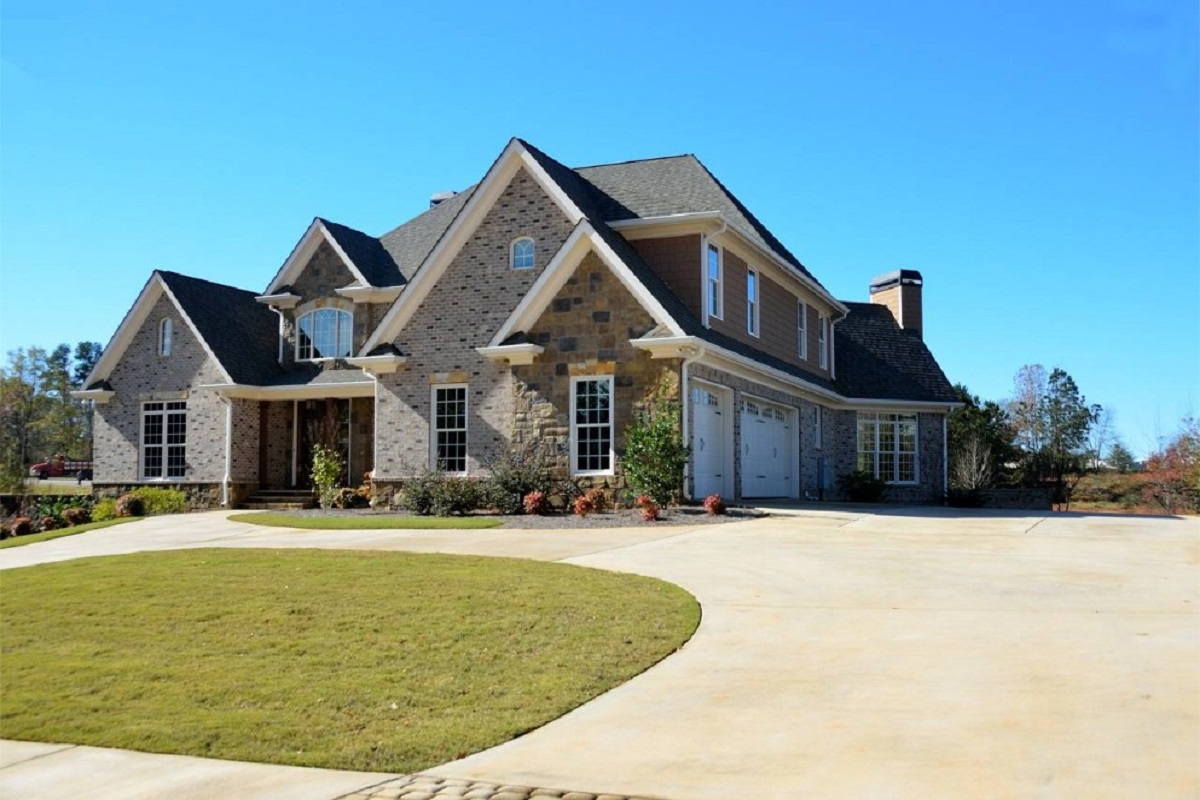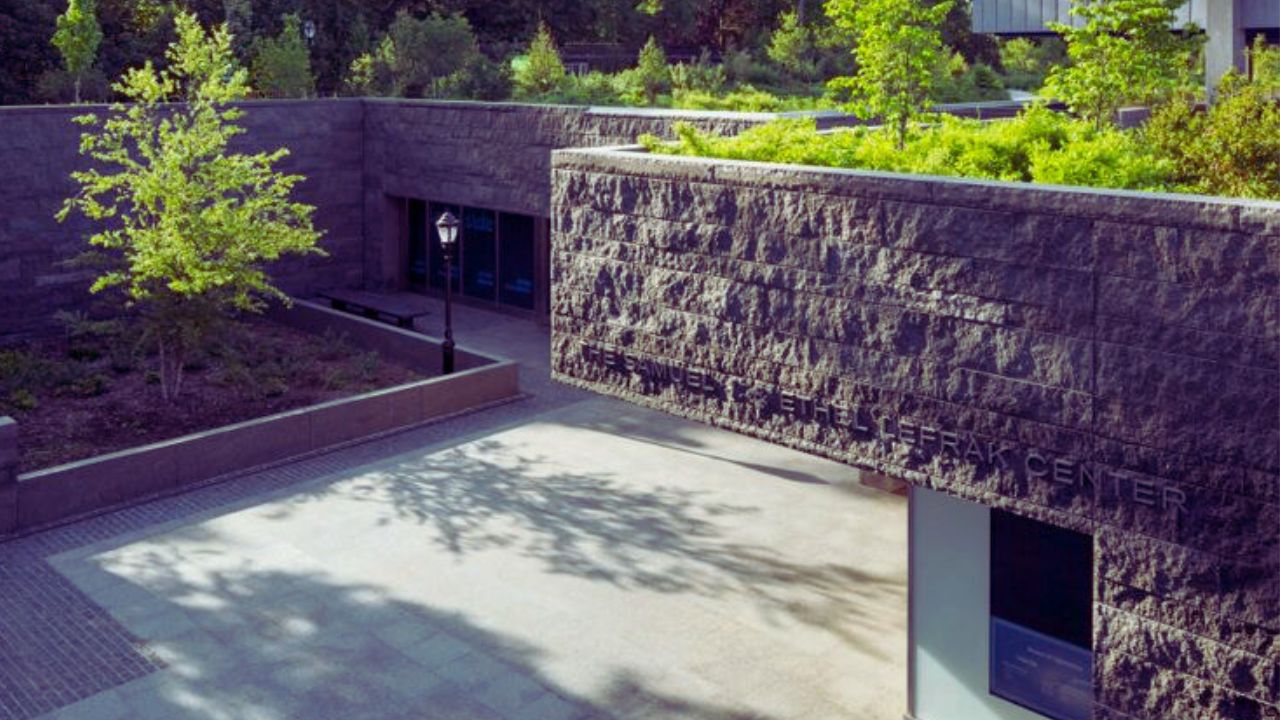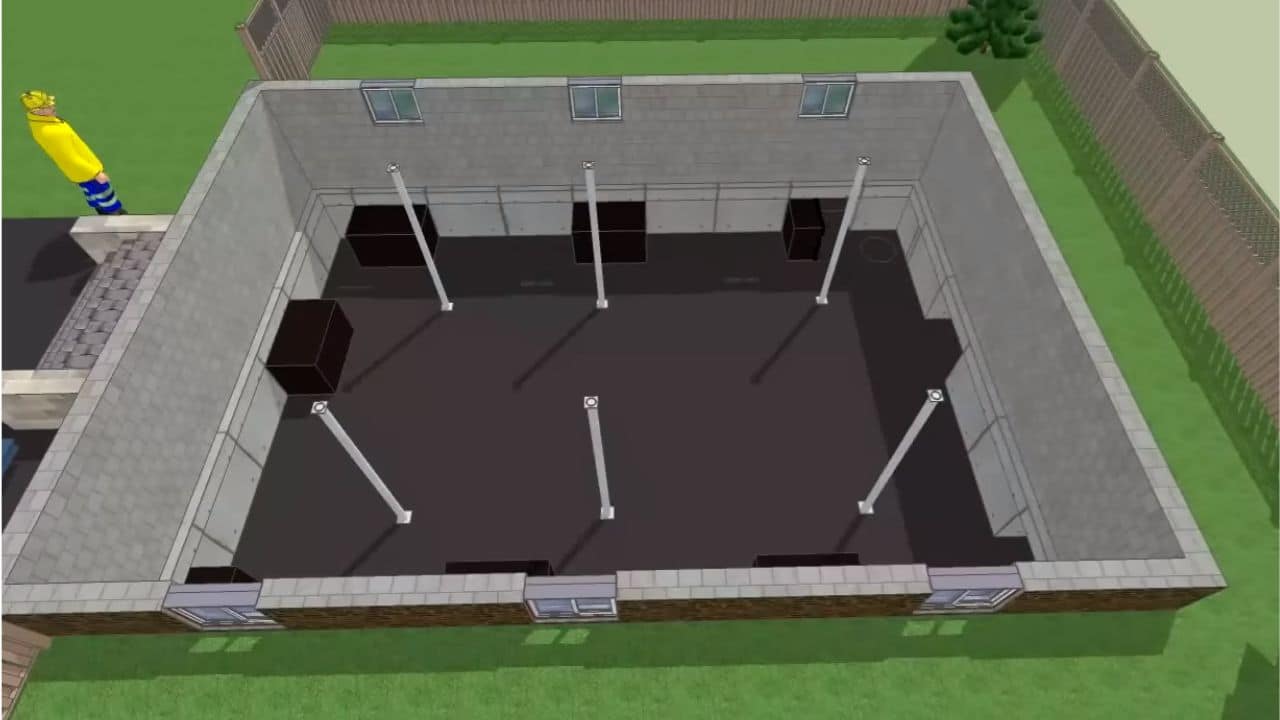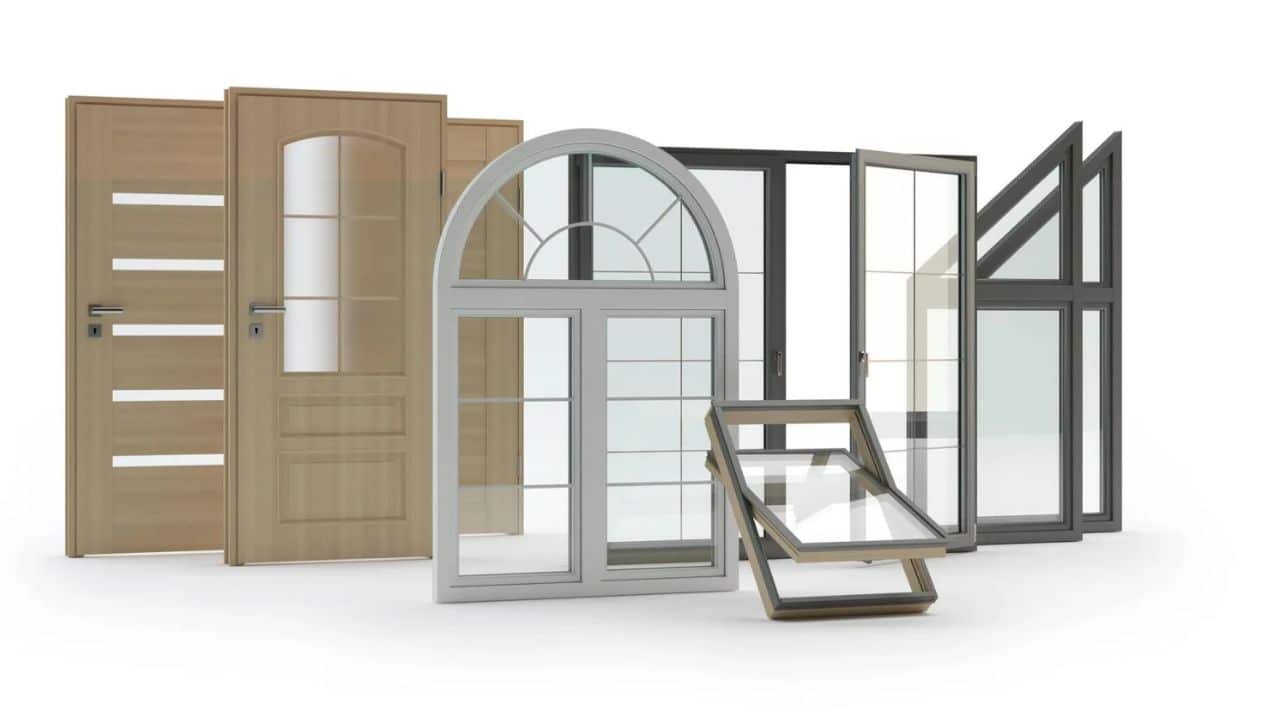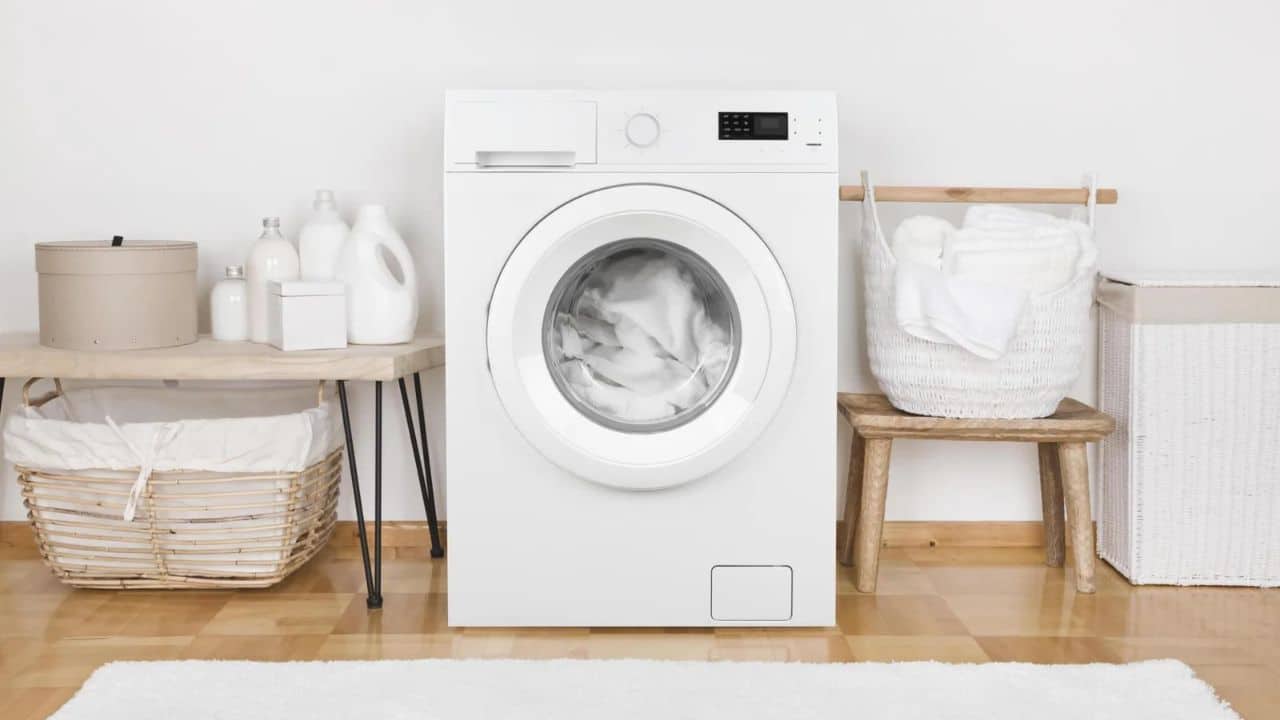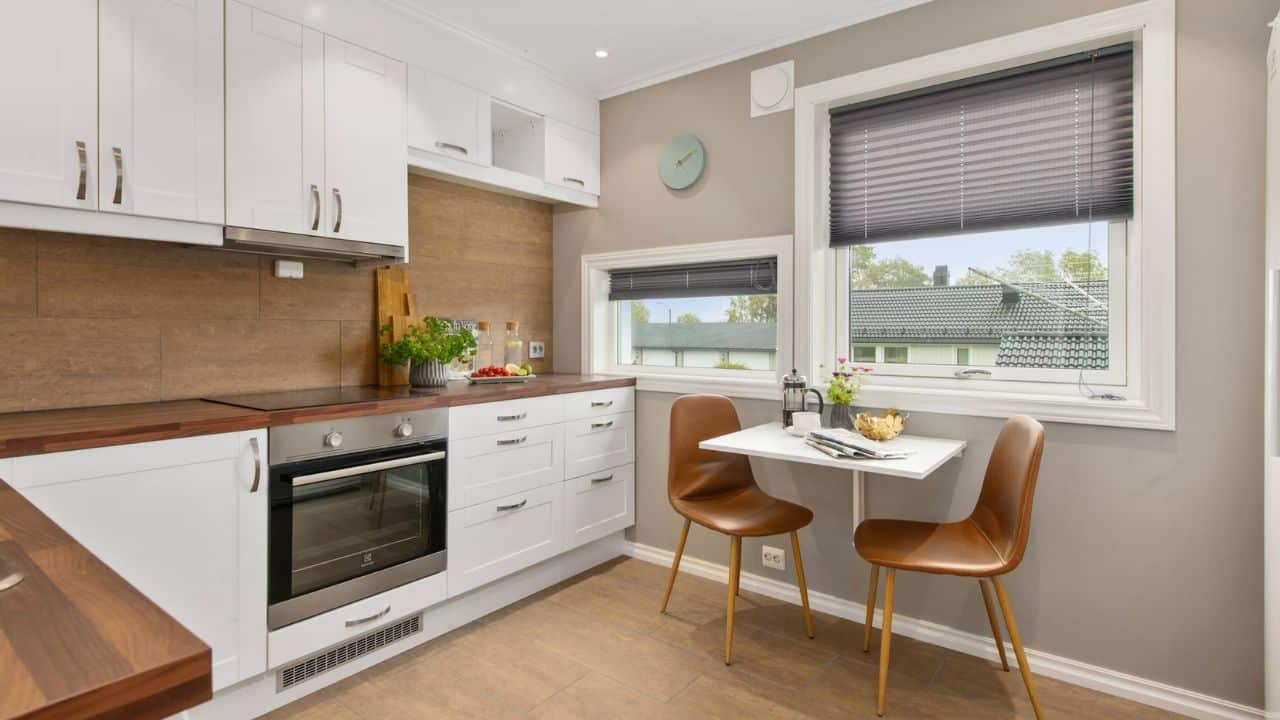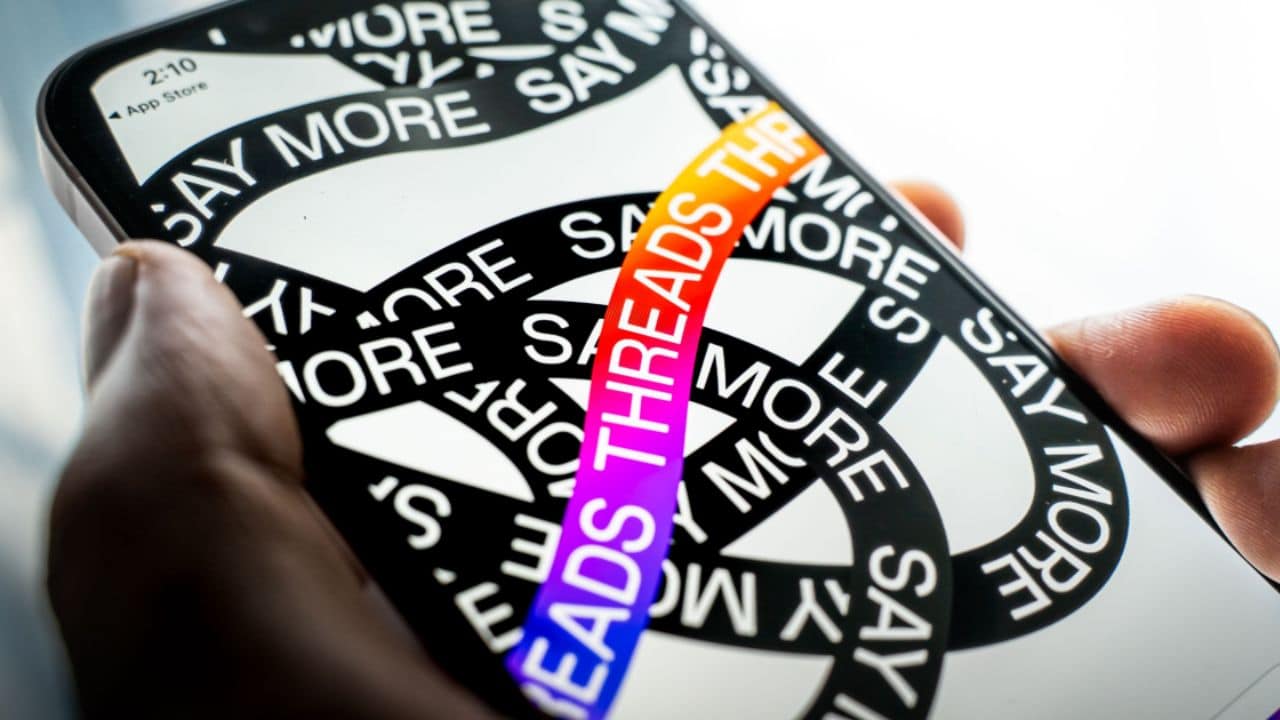Although often neglected by most homeowners, the driveway is a crucial component of the home as it plays an important role in terms of first impressions and kerb appeal. Unfortunately, choosing a driveway material and style can be daunting as there are a lot of things to take into consideration. This is why in this article, we have compiled a list of some of the elements to consider, as this will better equip you to choose a driveway that suits your needs.
What Fits Your Property the Best
This is the first thing you need to consider. The driveway you choose has to match and complement the overall theme of your building. For example, if you’re going for a unified and premium front, then a stone or brick driveway should be your go-to choice. If utility is your objective, concrete or gravel are good choices.
Consider Your Budget
Concrete, asphalt, block paving stones, resin-bound, and cobblestone driveways tend to be more expensive, while aggregate or gravel driveways are quite cheap. The type of driveway you choose should match your budget. If you’re on a tight budget, gravel driveways are a great choice.
The Size of Your Driveway
Size is another important consideration when choosing a driveway. On average, your driveway should have plenty of space and should be wide enough to accommodate a regular passenger car. Unusual shapes like a turnaround or outside parking lot should also be considered when calculating the dimensions of your new driveway.
Maintenance Costs
One of the questions you should ask yourself when choosing a driveway is how much money, time, and effort you are willing to spend on the driveway’s upkeep. Of course, the type of upkeep needed varies depending on the driveway material. For example, where asphalt requires consistent maintenance every few years, materials like resin and gravel are quite inexpensive and easy to maintain.
Drainage
Driveway drainage is another important element to consider when choosing a driveway. This is because improper drainage can damage your driveway and cause a number of other issues like damp, flooding, and a compromised foundation. Unless you plan to install a separate drainage system, going for a driveway material with good porosity is recommended.
Now that you are aware of the factors to consider when choosing a driveway let’s take a look at some of the common types of driveway materials and their unique properties to help you make an informed decision.
Asphalt – This driveway combines rock, sand, and asphalt cement. In terms of appearance, asphalt driveways are typically a basic black (although some models can be stamped with designs to make them stand out). They are easy and cheap to install but require more of a commitment when it comes to maintenance. Asphalt is an excellent choice for larger-sized driveways.
Concrete – This is a good choice for a suburban home. The material is long-lasting and requires little to no maintenance. The only downside is that it can stain quite easily.
Cobblestone – Because they give off an old-world feel, cobblestone is the best fit for historical areas and upscale neighborhoods. They also work well for short driveways. When installed right, cobblestone can last for decades, and in some cases, a little wear and tear only adds to its appeal. Cobblestone is, however, very expensive.
Gravel – This type of driveway is installed by pouring loose gravel into a barrier (to keep things contained). They are best suited for properties with long, winding, country-style driveways with oversized lawns and plenty of landscaping.
Brick – This is a go-to choice if a classic feel is what you are looking for. The look of a brick driveway is timeless, and it can add a lot of character to the exterior of your home. Like cobblestone, brick is best suited for historical areas and upscale neighborhoods. They are also very expensive but will last very long if installed right.
Conclusion
Choosing a driveway takes a lot of careful consideration. Be sure to consult reputable professionals like Kane Construction to get the best outcome for your project. It is not enough to choose a material that looks fine; one needs to consider its practicality of it. This is why other elements like; budget, driveway size, maintenance costs, drainage, and what fits your property the best need to be considered. By also considering the unique properties of the different types of driveway materials, you should be able to weigh your options and choose a driveway that is best suited to your needs.

